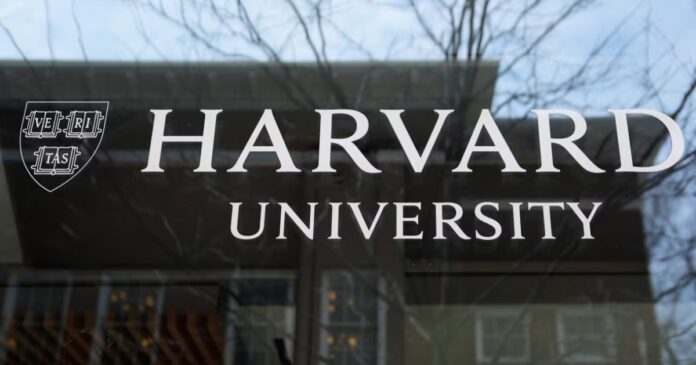
Harvard University, the world’s richest university, has sued the Trump administration, pushing back against the government’s threats to slash billions of dollars in research money from the institution. The lawsuit represents an escalation of the fight between President Trump and leading U.S. higher-education institutions.
Background of the Conflict
The Trump administration has long set its sights on elite universities, framing its actions as part of a larger effort to fight antisemitism and other matters. But critics contend that the administration has also had its sights on curtailing programs related to racial diversity and gender studies, prompting the anger of many academic institutions, including Harvard.
In an earlier move this month, Harvard declined to bow to a series of demands from the federal government that it considered illegal. The resistance represented the strongest pushback from an institution of higher education to the political agenda of the Trump administration.
Read More: Nawaz Sharif’s London Stay Extended—Political Talks or Health Issues?
Retaliation: Funding Freeze
In retaliation to Harvard’s noncompliance, federal officials acted quickly, saying they would freeze $2.2 billion in multiyear research grants to the university, as well as a $60 million contract. Harvard leaders have denounced the actions, maintaining that the government is employing fiscal leverage to try to intrude on the university’s academic autonomy and decision-making.
The Lawsuit
Harvard sued in federal court in Massachusetts, charging the Trump administration with a sweeping attack on trying to exert control over academic choices at the university. The lawsuit makes clear that the government’s action is an overreach, seeking to control academic programming through money manipulation.
Furthermore, the suit highlights other great universities that experienced similar funding reductions as part of the Trump regime’s attempt to impose its political will on the higher education community.
The Broader Implications for Higher Education
This case extends beyond monetary issues. It is a wider defence of academic freedom and the independence of universities in the United States. The resolution of this court case could have far-reaching consequences for the interplay between government funding and academic autonomy.
Harvard’s action is likely to have ripple effects throughout higher education institutions, potentially influencing future policy on government influence over universities and academic offerings.
Harvard’s lawsuit against the Trump administration highlights the existing conflict between the federal government and educational institutions. As the battle in the courts progresses, it may establish significant precedents for the future of higher education and the part played by government funding in determining academic policies.
Stay tuned to Brandsynario for the latest news and updates.




































